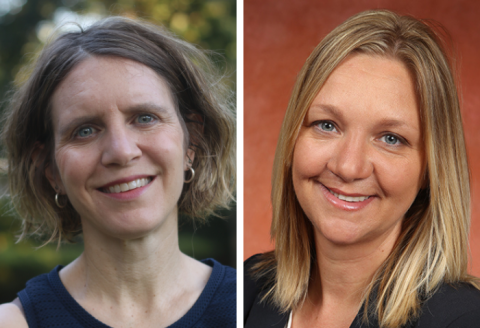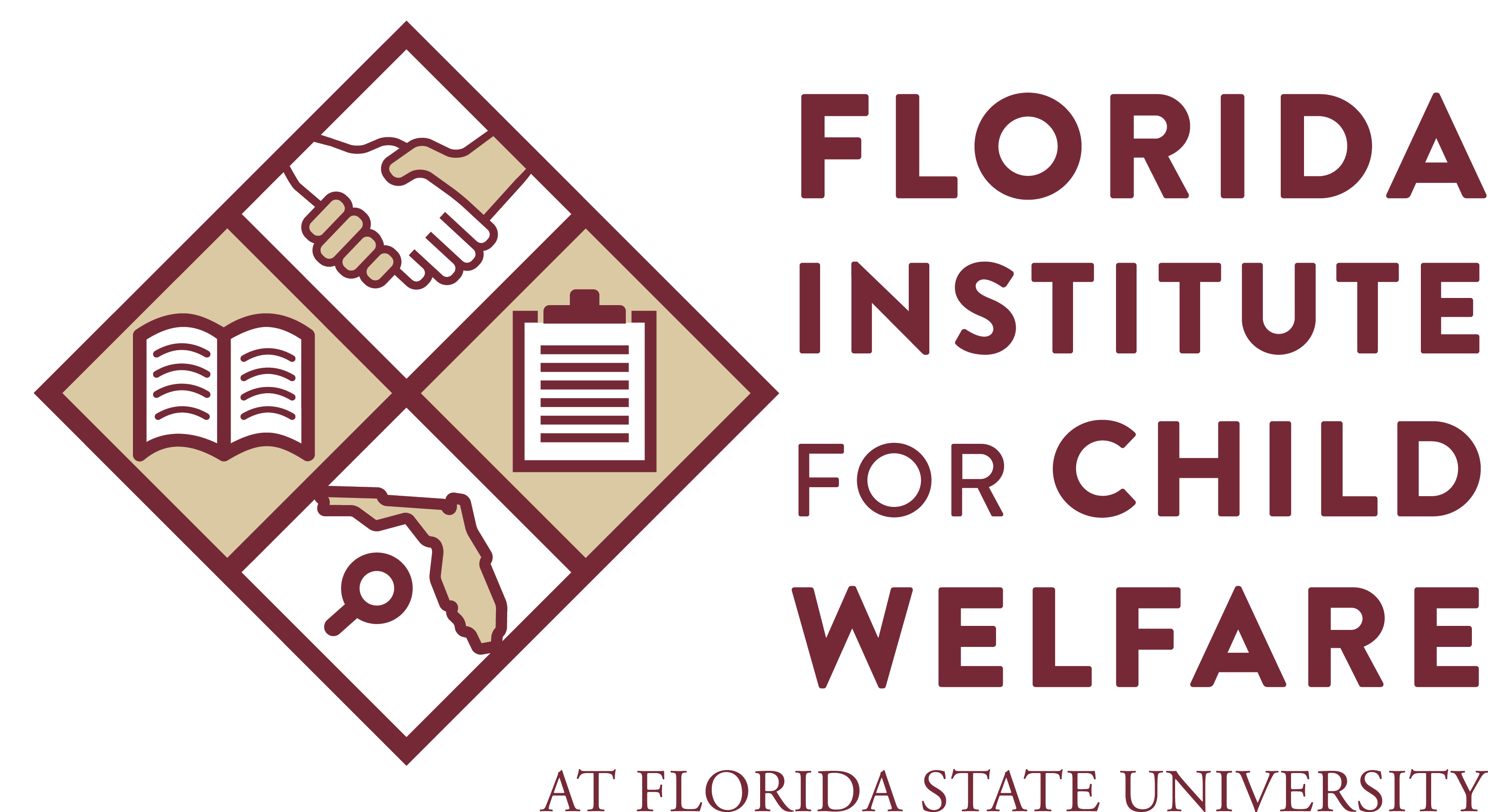FSU Researchers Gain Insights into Maternity Group Homes and Services

Drs. Melissa Radey and Shamra Boel-Studt recently published two articles from a study funded by the Florida Institute for Child Welfare (FICW) aimed to provide insights into maternity group homes and their services to young mothers and their families.
Maternity group homes provide housing and services for pregnant and parenting young mothers and their children who are often facing numerous socioeconomic barriers, including foster care involvement and homelessness. In addition, these young mothers frequently have histories of trauma and educational instability.
These group homes offer potentially life-changing support for young families, helping them meet their basic needs while also providing opportunities to develop healthy parenting skills. However, understanding the needs and the impact of maternity home residence on mothers and their children largely remains unknown—a critical knowledge gap given the potential opportunity to serve two generations to promote family success among a group with high vulnerability to generational poverty and maltreatment.
“Through maternity group homes, young moms and their kids receive support as they reach adulthood,” explained Dr. Radey, the Agnes Flaherty Stoops Professor of Child Welfare in the FSU College of Social Work. “Providers often serve young mothers to meet a need in their community, but we know little about the outcomes of maternity group homes because very little systematic data has been gathered about them.”
In Florida, maternity group homes are relatively rare. Drs. Radey and Boel-Studt found only nine licensed maternity group homes serving youth aging out of foster care. Most of these homes are located in urban areas and typically serve five to eight mothers at a time.
Radey and Boel-Studt partnered with maternity group homes throughout the state to gather data about group home operations and mothers’ experiences during and after their stays. The study team interviewed both providers and mothers to learn about the realities of maternity group home residence.
One study published in the Journal of Adolescent Research considered mothers’ circumstances entering, living in, and leaving the group homes. Findings indicated the importance of individualizing care and connecting house responsibilities with independence when developing relationships and delivering services.
The second study, published with coauthor and FSU graduate Dr. Christopher Collins (Salem State University), considered maternity home characteristics, strengths, and challenges. The study suggested mothers living in maternity homes face high levels of adversity before entering the group home (e.g., abandonment, abuse) and instability, which may interfere with their ability to harness protective factors, such as loving, trusting relationships.
“Our findings suggest that mothers face histories of adversity, crisis, and rejection before entering the maternity group home. Their history in foster care often created instability and difficulties in meeting their basic physical and psychological needs,” shared Dr. Boel-Studt, an associate professor with the College of Social Work.
Study findings suggested that maternity home placements were often a placement of last resort when young mothers found themselves rejected by their families or the fathers of their children. Combining these factors with socioeconomic barriers, the tensions of new house rules and responsibilities, and the drama of shared living quarters in a group home, present a difficult road to adulthood for these young parents.
Yet, maternity group homes also represent a vital opportunity for young families to access resources and services. Having their basic needs met, alongside shared experiences with other parents and provider support, makes maternity homes a unique opportunity to intervene with young mothers and their children.
Drs. Radey and Boel-Studt’s research findings highlight meaningful opportunities to improve care and future outcomes for young families, including:
- More individualized care by listening to mothers to increase service engagement,
- A continuum of care for mothers moving toward more independent living arrangements to nurture independent living skills and
- Evidence-based, intensive, and interpersonal relationship skills training for mothers to help them develop and sustain healthy relationships and boundaries.
“For maternity homes to best meet the needs of young mothers, we need to understand their reach and functionality in the lives of those who stand to benefit from services,” stressed Dr. Radey. “Providers can also benefit from understanding the struggles and hardships among maternity group home residents.”
Maternity group homes are an essential source of service, especially for disadvantaged pregnant and parenting foster youth. More research is needed to develop the evidence base for this unique source of support.
This study was conducted with support from the Florida Institute for Child Welfare housed at the FSU College of Social Work. Learn more at https://ficw.fsu.edu/Topic/YouthInCare/Project/MaternityHomes.

